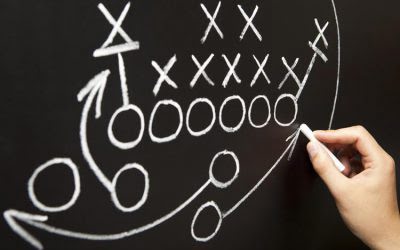18
Why Do People With Alcohol Use Disorders Crave Sugar?
In the next sections, we will delve into the role of nutritional deficiencies and behavioral patterns in contributing to sugar cravings in recovering alcoholics. Understanding why recovering alcoholics often experience intense cravings for sugar is a complex topic. There is a significant connection between alcoholism and the subsequent cravings for sugar. In this section, we will explore this connection and examine the factors that contribute to sugar cravings in individuals recovering from alcoholism. Understanding the psychological factors that drive sugar cravings in individuals with AUD can inform more effective treatment https://biograpedia.ru/case-dzhon strategies.
Understanding the Livers Healing Time
Further research is needed to explore the potential of interventions targeting sweet-cope and emotional regulation in managing sugar cravings during alcohol recovery. Psychological factors also play a significant role in the connection between alcohol use disorders and sugar cravings. Many individuals turn to sugar as a coping mechanism for stress and emotional regulation, finding temporary comfort or distraction in sugary foods. The consumption of sugar can provide a sense of pleasure and alleviate negative emotions, making it an appealing substitute for alcohol. However, it’s important to note that while sugar may provide temporary relief, it is http://motoking.ru/blog/show/44/Vykhlopnaya_sistema_ot_Akrapovic not an effective long-term solution for emotional well-being. This relationship between alcohol dependence and a desire for sweet substances has been the subject of research.
- This can lead to medical complications, increasing the risk of type 2 diabetes and other cardiovascular diseases.
- Explore tips for selecting the best opiate addiction treatment program for your needs and start your healing journey.
- By addressing these biological factors, individuals in recovery can develop strategies to manage their cravings and make healthier choices.
- This reduced endorphin release remains consistent despite abstaining from alcohol.
- This entails pausing before eating and acknowledging the reasons for your cravings.
- By addressing the emotional and psychological aspects of alcoholism, individuals can develop healthier coping mechanisms and potentially reduce their sugar cravings.
Factors Contributing to Sugar Cravings in Alcoholics

It is crucial to prioritize low-sugar and nutrient-dense foods to support recovery and overall well-being. Studies have indicated a strong association between AUD and sugar cravings. Alcohol interferes with http://turgenev-lit.ru/words/0-DEN/turgenev/den.htm the body’s ability to independently produce dopamine, resulting in a drop in dopamine levels when individuals with AUD are not consuming alcohol. This drop in dopamine levels can contribute to cravings for substances that can increase dopamine, such as sugar. Excessive alcohol consumption can interfere with blood sugar levels and the hormones needed to maintain healthy glucose levels. The liver, responsible for managing blood sugar levels, becomes occupied with removing alcohol from the bloodstream instead of regulating glucose.

Mindful Recovery: Yoga’s Healing Influence on Addiction
- So, when you pull out the alcohol card from the game, your body stages a sugar protest, making you crave that sweet, sweet rush.
- Discover why smoking alcohol is a new trend with college students and its hidden risks and long-term effects.
- While it might be a relief to crave something else after quitting alcohol, sugar cravings must also be managed.
Common genetic markers have been identified between alcohol dependence, bulimia, and obesity, such as the A1 allele gene and the dopamine 2 receptor gene. Furthermore, regular alcohol drinkers can become tolerant to sugar from their alcohol intake. This tolerance can lead to individuals in recovery from alcohol abuse experiencing cravings for sugar, which can potentially replace alcohol cravings, leading to a possible sugar addiction. Understanding the role of dopamine in cravings can provide insight into the dynamic between alcohol addiction and sugar cravings.
